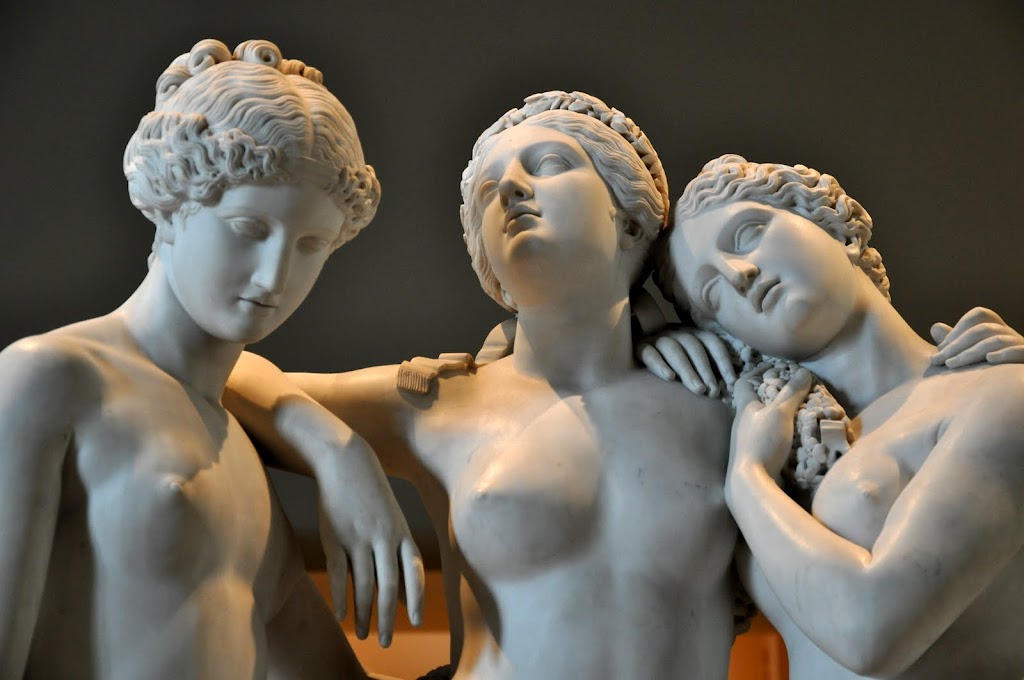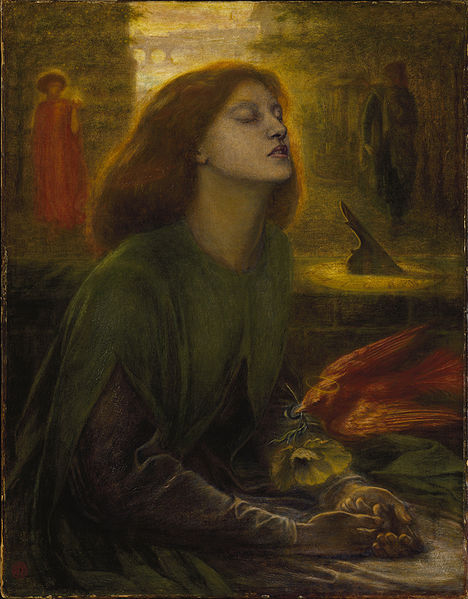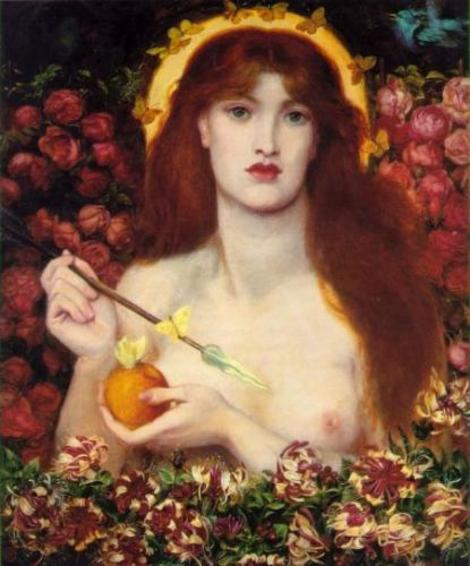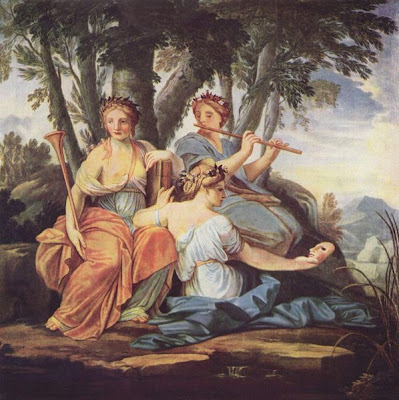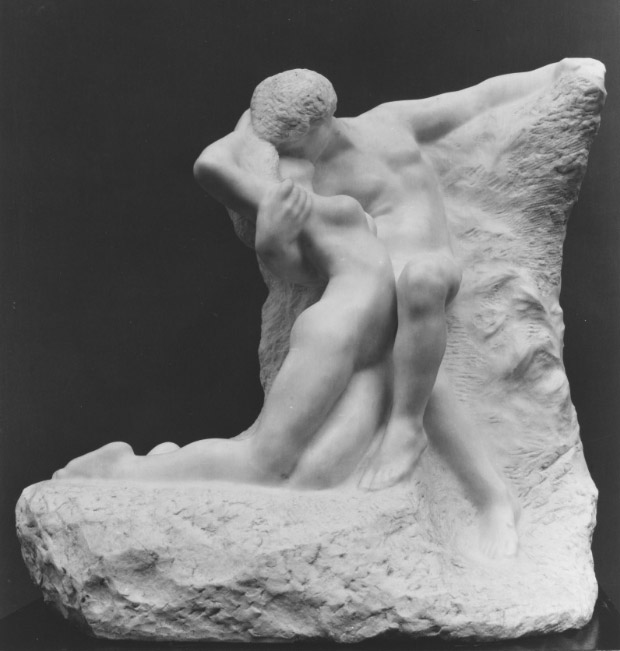Heliodora, by HD (c.1922)
He and I sought together,
over the spattered table,
rhymes and flowers,
gifts for a name.
He said, among others,
I will bring
(and the phrase was just and good,
but not as good as mine)
“the narcissus that loves the rain.”
We strove for a name,
while the light of the lamps burnt thin
and the outer dawn came in,
a ghost, the last at the feast
or the first,
to sit within
with the two that remained
to quibble in flowers and verse
over a girl’s name.
He said, “the rain loving,”
I said, “the narcissus, drunk,
drunk with the rain.”
Yet I had lost
for he said,
“the rose, the lover’s gift,
is loved of love,”
he said it,
“loved of love;”
I waited, even as he spoke,
to see the room filled with a light,
as when in winter
the embers catch in a wind
when a room is dank:
so it would be filled, I thought,
our room with a light
when he said
(and he said it first)
“the rose, the lover’s delight,
is loved of love,”
but the light was the same.
Then he caught,
seeing the fire in my eyes,
my fire, my fever, perhaps,
for he leaned
with the purple wine
stained in his sleeve,
and said this:
“Did you ever think
a girl’s mouth
caught in a kiss
is a lily that laughs?”
I had not.
I saw it now
as men must see it forever afterwards;
no poet could write again,
“the red-lily,
a girl’s laugh caught in a kiss;”
it was his to pour in the vat
from which all poets dip and quaff,
for poets are brothers in this.
So I saw the fire in his eyes,
it was almost my fire
(he was younger)
I saw the face so white;
my heart beat,
it was almost my phrase,
I said, “surprise the muses,
take them by surprise;
it is late,
rather it is dawn-rise,
those ladies sleep, the nine,
our own king’s mistresses.”
A name to rhyme,
flowers to bring to a name,
what was one girl faint and shy,
with eyes like the myrtle
(I said: “her underlids
are rather like myrtle”),
to vie with the nine?
Let him take the name,
he had the rhymes,
“the rose, loved of love,”
“the lily, a mouth that laughs,”
he had the gift,
“the scented crocus,
the purple hyacinth,”
what was one girl to the nine?
He said:
“I will make her a wreath;”
he said:
“I will write it thus:
‘I will bring you the lily that laughs,
I will twine
with soft narcissus, the myrtle,
sweet crocus, white violet,
the purple hyacinth and, last,
the rose, loved of love,
that these may drip on your hair
the less soft flowers,
may mingle sweet with the sweet
of Heliodora’s locks,
myrrh-curled.'”
(He wrote myrrh-curled,
I think, the first.)
I said:
“they sleep, the nine,”
when he shouted swift and passionate:
“that for the nine!
Above the mountains
the sun is about to wake,
and to-day white violets
shine beside white lilies
adrift on the mountain side;
to-day the narcissus opens
that loves the rain.”
I watched him to the door,
catching his robe
as the wine-bowl crashed to the floor,
spilling a few wet lees
(ah, his purple hyacinth!);
I saw him out of the door,
I thought:
there will never be a poet,
in all the centuries after this,
who will dare write,
after my friend’s verse,
“a girl’s mouth
is a lily kissed.”

